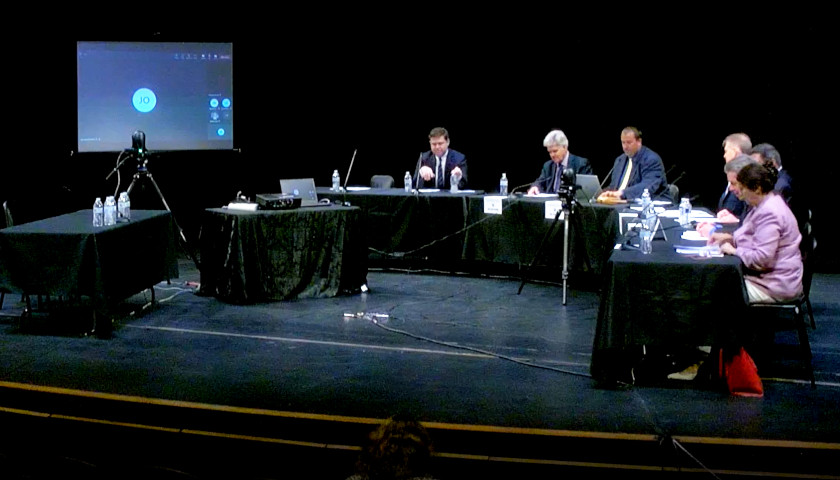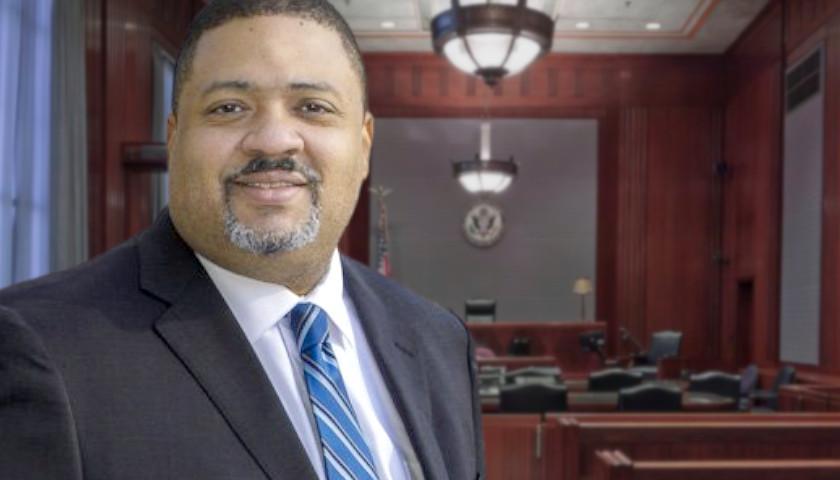State Representative Chris Quinn (R-Media) this week testified before legislative colleagues in favor of his bill to open Pennsylvania primaries to voters who choose not to affiliate with a political party.
About 1.2 million voters in Pennsylvania decline to register as members of either major party and over 740,000 consider themselves nonpartisan or independent. Quinn said he finds it troubling that current law requires many taxpayers to fund GOP and Democratic primaries while excluding those independents from participation in nominating elections.
“I want all Pennsylvanians to have a role in our democracy and play a part in our primary elections,” the representative told the House of Representatives State Government Committee.
Eight other states close their primary elections to anyone who registers as nonpartisan or third-party: Delaware, Florida, Kentucky, Maryland, Nevada, New Mexico, New York and Oregon. Another six have a “partially open” system wherein voters affiliating with a major party can participate in the opposing party’s primary contest.
Nine others meanwhile permit unaffiliated voters to vote in a major party’s nomination election while restricting members of major parties to voting within their respective primaries. Fifteen other states have open primaries and don’t even ask voters to choose partisan affiliation on their voter registrations.
Quinn’s legislation would only open primary elections to unaffiliated voters, still requiring that a Republican or Democrat vote in his or her own nomination contest. The representative said he believes his reform would accomplish two objectives: making the political arena friendlier to politicians who are willing to reach across the aisle on policy, and generating broader interest in primary elections, which tend to get low turnout — due in no small part to the commonwealth’s exclusion of independents. When Quinn introduced his measure two winters ago, he observed that only 18 percent of registered Pennsylvania voters took part in the state’s 2020 presidential primary.
“As Pennsylvania has become more politically polarized, partisanship has become more relevant than ever in our politics,” he said. “Primaries are the marquee elections that determine who represents us in Washington, Harrisburg and in our local communities.”
Speaking in favor of opening primaries to independents, John Opdycke, president of the national nonprofit Open Primaries, cited a recent study from Arizona State University examining the social media networks of unaffiliated voters, Republicans, and Democrats. The analysis found that the nonpartisan voters have political networks that are as engaged as those of their major-party peers but that are more politically varied.
“I think that giving independent voters the right to vote in primaries is not just a matter of fairness,” Opdycke said. “In some ways it’s laying down a red carpet for those voters that I believe have a really important role to play in American politics right now, given how polarizing it’s become.”
Quinn introduced a version of his measure in the prior legislative session but it failed to get a committee vote. It remains to be seen how much traction his bill could pick up in the final months of this session, insofar as many party activists are registering a strong preference for allowing those who identify as either Republicans or Democrats to pick their parties’ candidates without interference from outsiders.
Just this week, for instance, participants in Wyoming’s Republican congressional primary refused to renominate U.S. Rep. Liz Cheney (R-WY-At Large), many of them resentful of her outspoken opposition to former President Donald Trump. Some Trump allies disapprovingly noted the congresswoman’s efforts to persuade Democrats, Independents and third-party members to support her in that state’s open primary — efforts that made little impact in light of Wyoming’s overwhelmingly Republican electorate.
Conservatives in Ohio have likewise pointed to that state’s partially open primary system as one that has resulted in the nomination of Republican candidates who are more moderate than party members would actually prefer. Statistics from the Republican Party’s voter database show that many voters who traditionally identified with the Democrats voted in the May 3 GOP gubernatorial primary, in which moderate Republican Governor Mike DeWine was handily nominated for another four-year term.
– – –
Bradley Vasoli is managing editor of The Pennsylvania Daily Star. Follow Brad on Twitter at @BVasoli. Email tips to [email protected].




